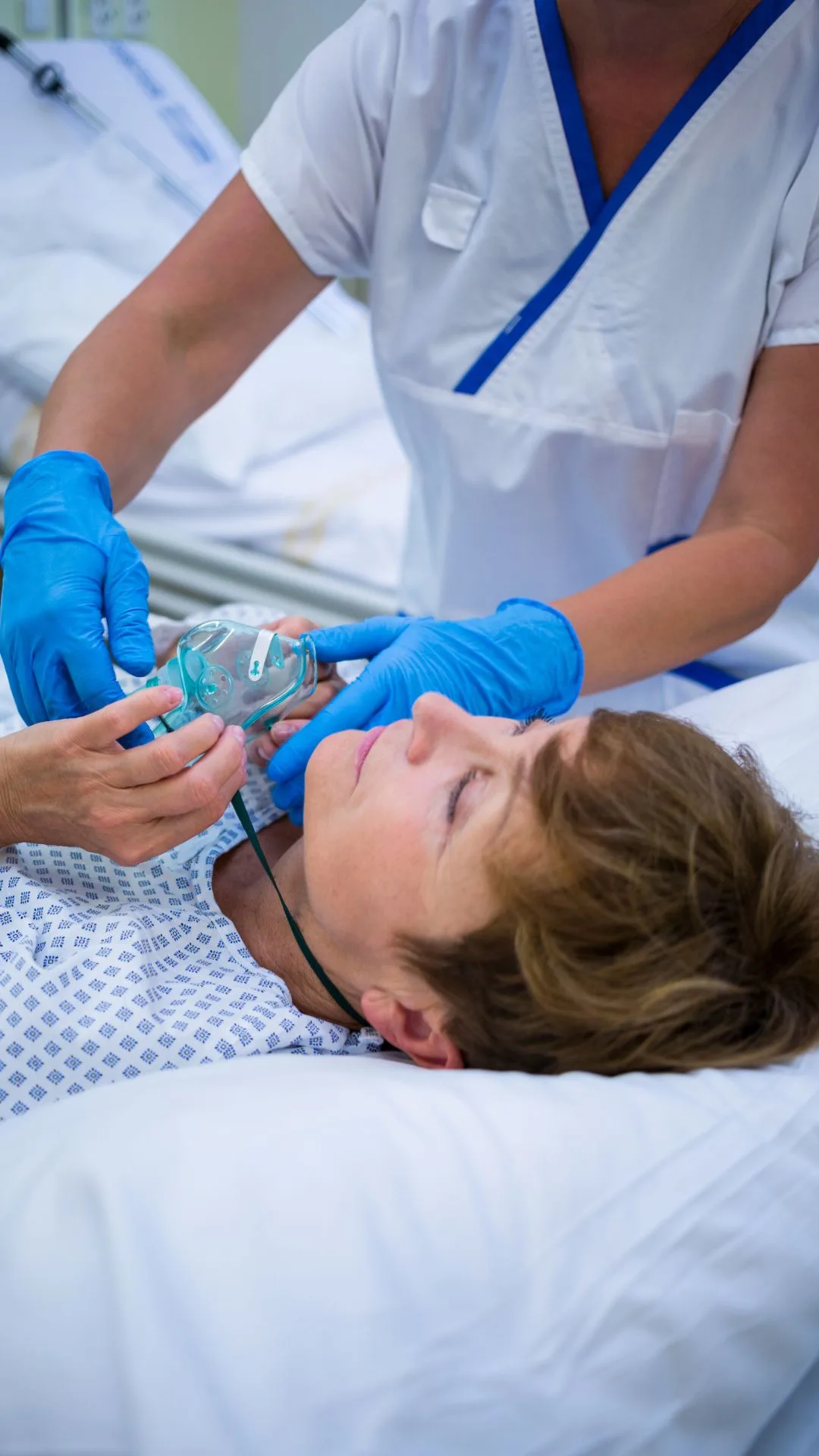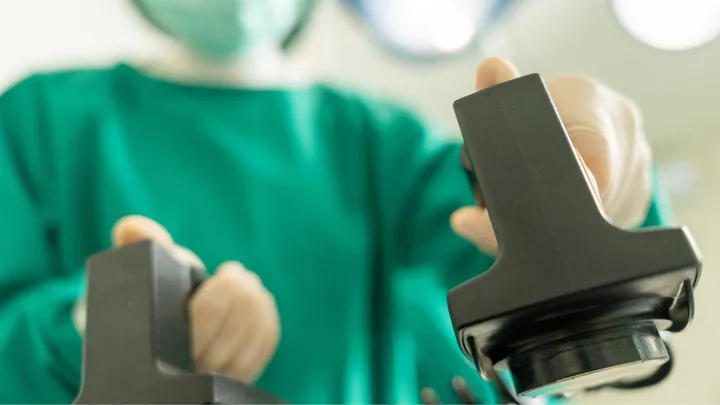Women are half as likely to receive defibrillation from a bystander during a cardiac arrest.
The findings come from a new study from the Baker Heart and Diabetes Institute and Ambulance Victoria, which looked at the role of bystanders in over 32,500 out-of-hospital cardiac arrests.
The study analysed data from the Victorian Ambulance Cardiac Arrest industry between 2002 and 2021, finding that only 5 percent of who had a cardiac arrest received defibrillation from a bystander, compared to 10 per cent of men.

The research supports similar findings in countries including The United States, Canada, Denmark, Netherlands and Sweden, which have shown reduced rates of bystander CPR for women compared to men.
Interviews with bystanders indicate that this disparity is due to people feeling uncomfortable with undressing women and publicly exposing their breasts.
Additionally, there are problems with resuscitation being taught on male mannequins and misunderstanding around female cardiac arrest symptoms, which may present differently to men’s.
In a statement released by the Baker Heart and Diabetes Institute, steps to change this statistic include teaching people CPR on mannequins with female anatomy to practice pad placement and defibrillation.
‘We know there may be some reasons why bystanders may not perform defibrillation on women but it is critical that we address these issues as they could mean the difference between life and death,” lead researcher and cardiologist, Dr Liz Paratz said in a statement.
“When it comes to defibrillation, people should keep in mind that in many cases, it is simply a matter of turning on the power and the Automated External Defibrillator (AED) will coach you through the rest of the steps with visual and/or audio prompts,” she says.
“If a person’s heart is beating normally, they don’t need a shock. The AED will check this. It won’t give the person an electric shock unless it’s necessary. So, you can’t harm someone by using an AED.
“And if someone’s heart has stopped, please don’t be put off by embarrassment from getting defibrillator pads on their chest–it’s their best shot at surviving.”
With out-of-hospital cardiac arrest being one major cause of deaths worldwide, it’s critical that bystanders feel comfortable stepping in for someone, regardless of gender, until paramedics arrive.



